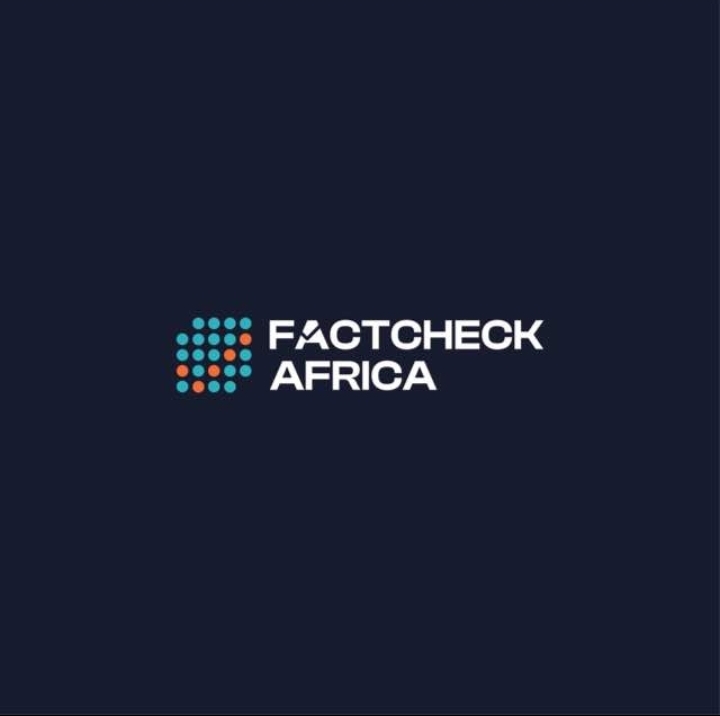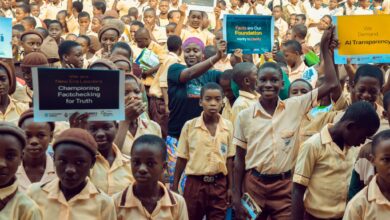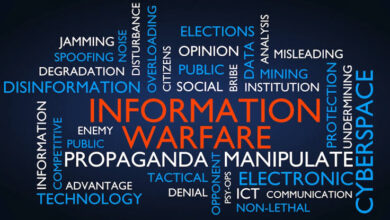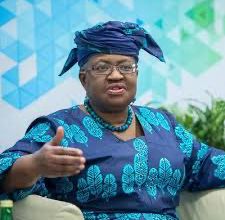Our Coverage of Africa in 2023
By Quadri Yahya
In 2023, political crises, military takeovers and economic woes shaped global debates about the African people the same way misinformation affected narratives about the continent. As information is key to shaping narratives, various actors often hijack the medium to control public debate and influence citizens. The deluge of misinformation during significant events across Africa keeps our fact-checkers on their toes throughout the 12 months.
From debunking misinformation around elections in Nigeria and Dr Congo to coups in Sudan and Niger to insecurity and terrorism in the Sahel and climate change on the continent, FactCheck Africa’s coverage has been a challenging and impactful one.
Lessons were learnt from FactCheck Africa’s investigation of conspiracy theories, parodies/satires, impostors, fabricated contents, false connections, and manipulated/false contexts.
Our team observed that misinformation reaches more people than factual reports.
“(This) is because most times misleading news/contents are targeted and systematically strategic”, noted Habeeb Adisa, FactCheck Africa’s head of program.

More African people now have access to mobile phones, thanks to internet broadband penetration. While this is not a problem, social media usage has become a medium for misinformation to travel. Only a few people take precautions before sharing content online.
As Adisa noted: “The population of people who want to hold on to the truth and verify is not at the same level as those who want to share news without verifying”.
With specific goals in mind, citizens as well as state actors are responsible for sharing mis/disinformation on these social networks, sometimes creating an Echo Chamber, compounding the challenges fact-checkers face.
“While some of the fake news is a result of mere ignorance, most times there is targetted, so the kind of machinery to spread such information is most times stronger than what fact-checkers can do in a small space of time.
“Again, this has a large effect on Misinformation as a whole and often makes the work of fact-checkers more strenuous”, Adisa added.
However, recognising that factual information formed the bedrock of healthy public debate and influenced citizens’ participation in government, media organisations have made concerted efforts to tackle misinformation head-on through timely debunking, multimedia and collaboration.
“Fact-check organizations now have to expand their works outside just fact-checking to campaigns against misinformation, teaching and holding town hall discussions, working with emerging technologies to help people understand the importance of verifying before sharing or believing”, the head of program said.
FactCheck Africa’s mission to contribute to the dissemination of accurate information and media literacy across Africa covered more ground than in 2022, growing both reach and followers.
Our team observed that misinformation actors are adamant about deleting or rectifying their misleading posts, nevertheless, FactCheck Africa confronted them with facts.
On different occasions, our timely reports were affirmed by authorities. For instance, Elon Musk’s X announced it would stop paying premium creators for posts corrected by fact-checkers. This was after FactCheck Africa’s extensive report which found that verified users with thousands of followers spread misinformation.
Also, Nigeria’s electoral body reaffirmed our report clarifying that voters cannot vote without a Permanent Voter Card.
In another instance, after our fact-check reports, a gubernatorial candidate updated his profile found to be misleading on X. Also, a social media user deleted a misleading X post.
Our plans for 2024
At its end-of-the-year review, FactCheck Africa recognised the effort of all its volunteers. Specifically, the organisation gave an award to its most diligent and hard-working fact-checker, Oluwaseye Ogunsanya, who contributed about 70 impactful reports to the platform under the year in review.

The head of program, Adisa said the organisation will engage in more physical exercise to reach people at the grassroots.
“To make the impact more felt than fact-checking and reposting on the Internet, we want those without the Internet to feel the impacts and understand what and what we are trying to do and make them have the ability to be sceptical about any information they are receiving at first. And this will lead to verification.
“We are planning roadshows, town hall meetings, youth conferences, radio jingles in different local languages.”






Hi, this is a comment.
To get started with moderating, editing, and deleting comments, please visit the Comments screen in the dashboard.